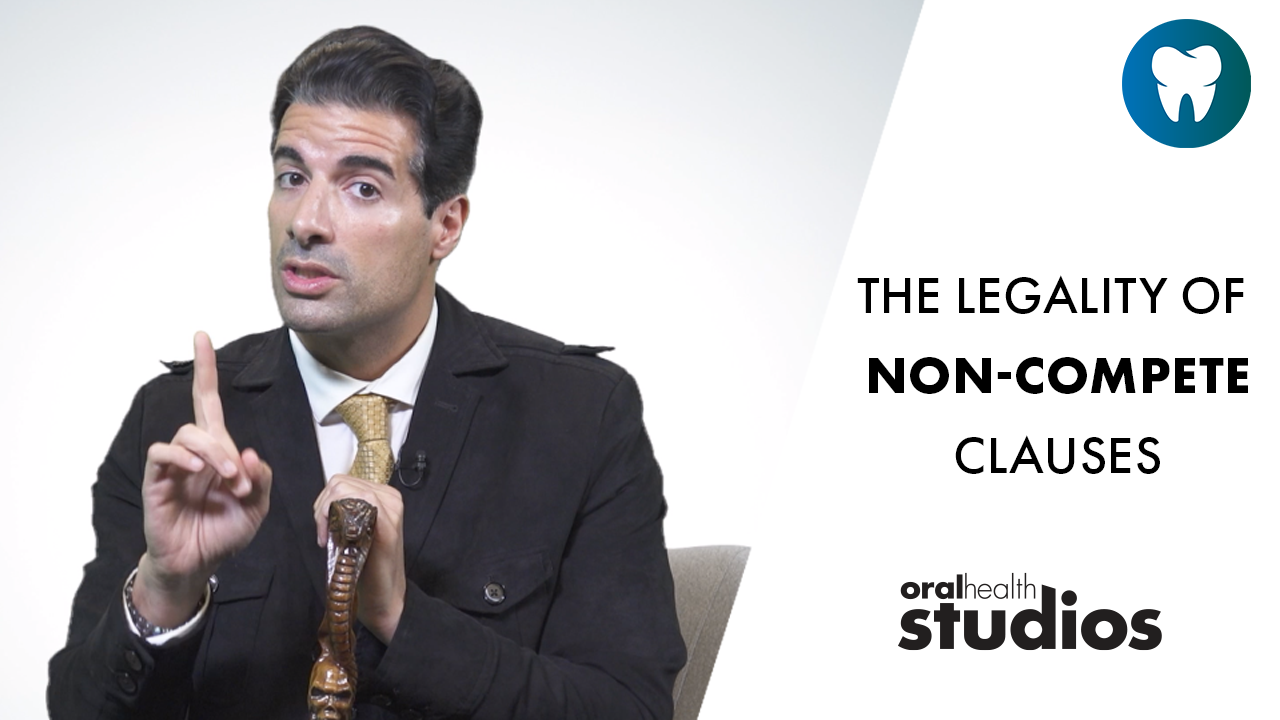Many Canadians have seen their RRSPs take a significant hit in the markets this year. Most can do little more than hope for a quick recovery. But there is another option. It’s called an Individual Pension Plan (IPP), and it’s something every incorporated oral health professional should consider as retirement draws near.
WHAT IS AN IPP?
An IPP is a one-person, defined benefit pension plan available to business owners, incorporated professionals and senior executives. The ideal IPP candidate is over 45, has an annual income of more than $100,000 and plans to work at the same level until retirement.
As a defined benefit plan, an IPP is designed to provide a predictable retirement income. Funding contributions are calculated by an actuary, based on your current age, salary, years of employment with the corporation, past RRSP contributions and projected age of retirement.
The actuary also assumes an annual minimum return of 7.5 percent, so your IPP funds should be managed professionally, and your corporation must be willing and able to make up for any performance shortfall.
For those who qualify, an IPP may be the ideal way to supersize retirement savings. Not only does it allow you to contribute more to your retirement fund than an RRSP, it offers significant tax savings and gives you greater control over the outcome — sheltering your wealth from external factors that are beyond your control.
THE BENEFITS OF AN IPP
A higher contribution limit
Unlike an RRSP, there are no preset contribution limits to an IPP. In fact, the older you get, the larger your contributions can be. This allows you to build retirement savings faster in a tax-free environment, which can result in a significantly higher pension income.
Guaranteed retirement income
If your RRSP loses money, you’re out of luck. With an IPP, the corporation agrees to make up any shortfall to ensure the defined benefit is met. An actuary will valuate the fund’s performance every three years.
Tax deductibility
Contributions made to the IPP are tax deductible for the corporation. Interest and expenses associated with managing the IPP are also deductible.
Past-service funding
When an IPP is established, past service contributions allow you to catch up for any previous years of employment with the company going back to 1991. This allows a cash rich corporation to move money into a tax shelter. A portion of your existing RRSP may also be used to start your IPP without penalty.
Higher investment standards
Like an RRSP, IPP assets can be invested in stocks, bonds, mutual funds, pooled funds, term deposits and GICs. However, no individual security may exceed 10 per cent of the fund on a book value basis at the time of acquisition.
Any surplus is yours
If your IPP over performs, the surplus remains with the fund.
Creditor protection
IPP benefits are protected from creditors.
DISADVANTAGES TO CONSIDER
IPP funds are locked in
Unlike an RRSP, access to your IPP funds will be restricted until retirement.
Higher start-up and administrative costs
Because the set-up and ongoing administration of an IPP requires the expertise of an actuary, start-up and annual operating costs are higher than those associated with an RRSP. These fees are, however, tax deductible to the corporation.
No income splitting
Unlike an RRSP, an IPP does not allow for spousal income splitting at the current time.
IS AN IPP RIGHT FOR YOU?
An RRSP is still a wise savings strategy for young professionals just starting out. But if retirement is only 10 to 15 years away, now may be the perfect time to consider setting up an IPP.
IPPs are already the private pension plan of choice for more than 8,000 Canadians, and their popularity is growing among upper-income business owners and professionals looking to retire on their own terms.
To find out if an IPP is right for you, speak to a knowledgeable financial advisor who can determine if you are a suitable candidate and ensure that the plan is properly established and maintained.
Angela A. Hamilton, PFP, is an Associate Investment Advisor with Canaccord Capital. Thomas R. Burnett CFA, VP, is an Associate Portfolio Manager and Investment Advisor with Canaccord Capital. They can be contacted at {866-739-3386} or via email at angela_hamilton@canaccord.comor thomas_burnett@canaccord.com
The views expressed in this column are the author’s alone, and not necessarily those of her/his employer. Member CIPF.
———
Incorporated professionals can now retire on their own terms with an IPP









